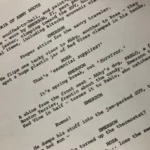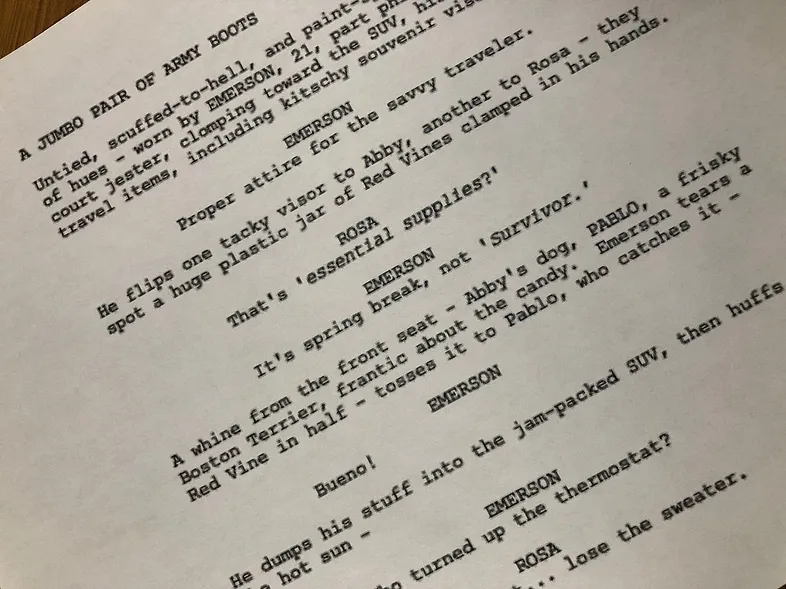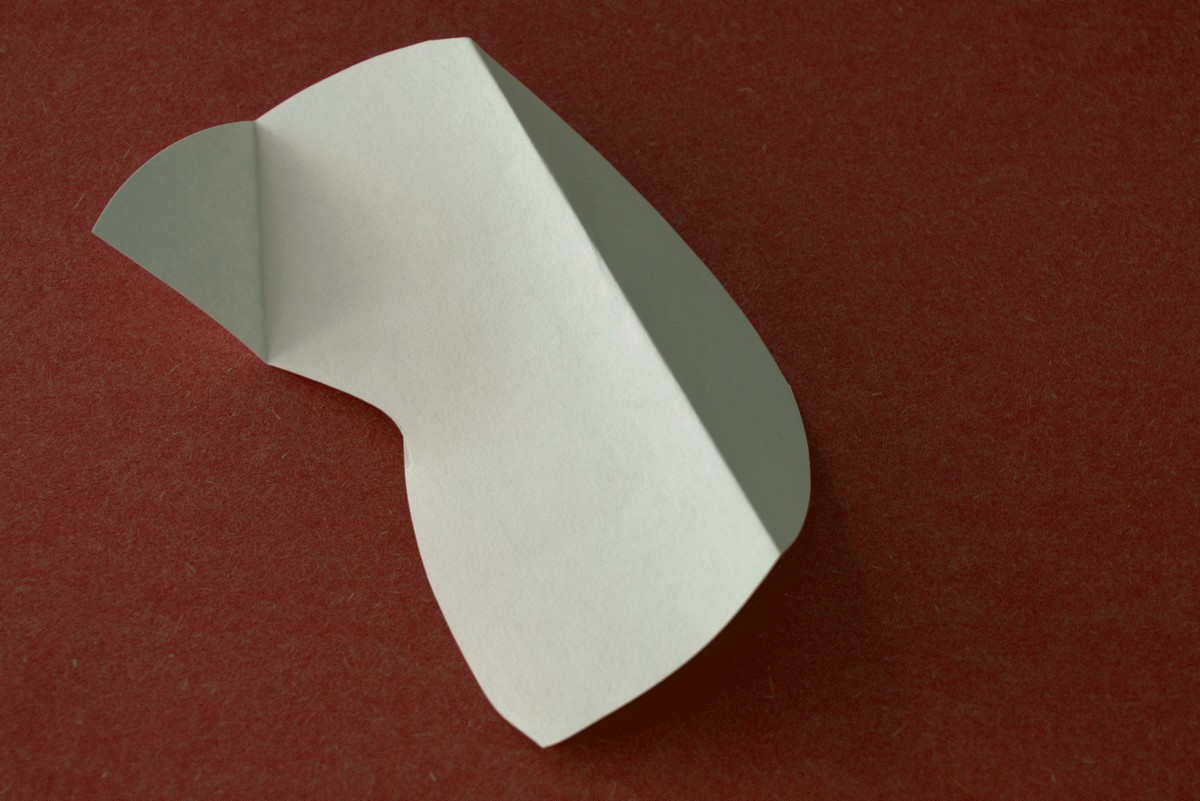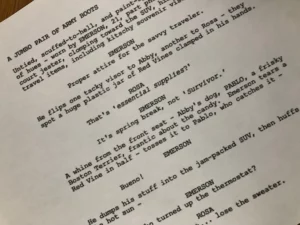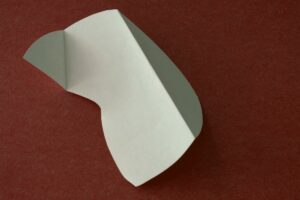
Unveiling Hidden Truths: How G. S. Katz’s Poem ‘Issues with People’ Reveals the Complexities Beneath Everyday Faces
I am a person But I don’t like people I pay my bills on time…
Unlock the Surprising Power You’ve Already Mastered Without Realizing It!
I get email:Continue reading on Go Into The Story »
Is Writing Doomed to Die Under the Weight of SEO?
A response to a “Week in Writing” newsletter from two years agoContinue reading on The…
Unlocking the Secrets of the Heart: A Poetic Journey Beyond Medicine by P.K. Deb
The long-term illness of my wife pours instantly a course of cursed ink on my…
Uncover the Hidden Message in G. S. Katz’s “Land Line” That Will Change How You See Connection Forever
Land line, corded phone Clarity I can actually hear you Expensive to still own But…
Unlock Hollywood Secrets: Dennis Foley’s Ultimate Screenwriting Masterclass Revealed
“Hollywood is the only town where you can not fail. You can only quit trying.”Continue…
Unveiling Summer’s Secret Arrival: A Poetic Journey by G. S. Katz
sultry heat skin attraction gaze lean stares gelato watermelon dirty martinis low cut bbq old…
The Surprising Secret Behind Why Your Writing Space Could Make or Break Your Creativity
The wrong writing space can kill your imaginationContinue reading on The Writing Cooperative »
Unlock the Future of WordPress: Discover the 3 Game-Changing ActivityPub Features You Can’t Miss!
Imagine publishing once and instantly reaching engaged readers across dozens of platformsâwithout ads, algorithms, or…
Unlock the Secret Ingredient That Transforms Ordinary Writing into Irresistible Masterpieces
Your writing voice is how you express yourself and your ideas in writing. It’s about…




